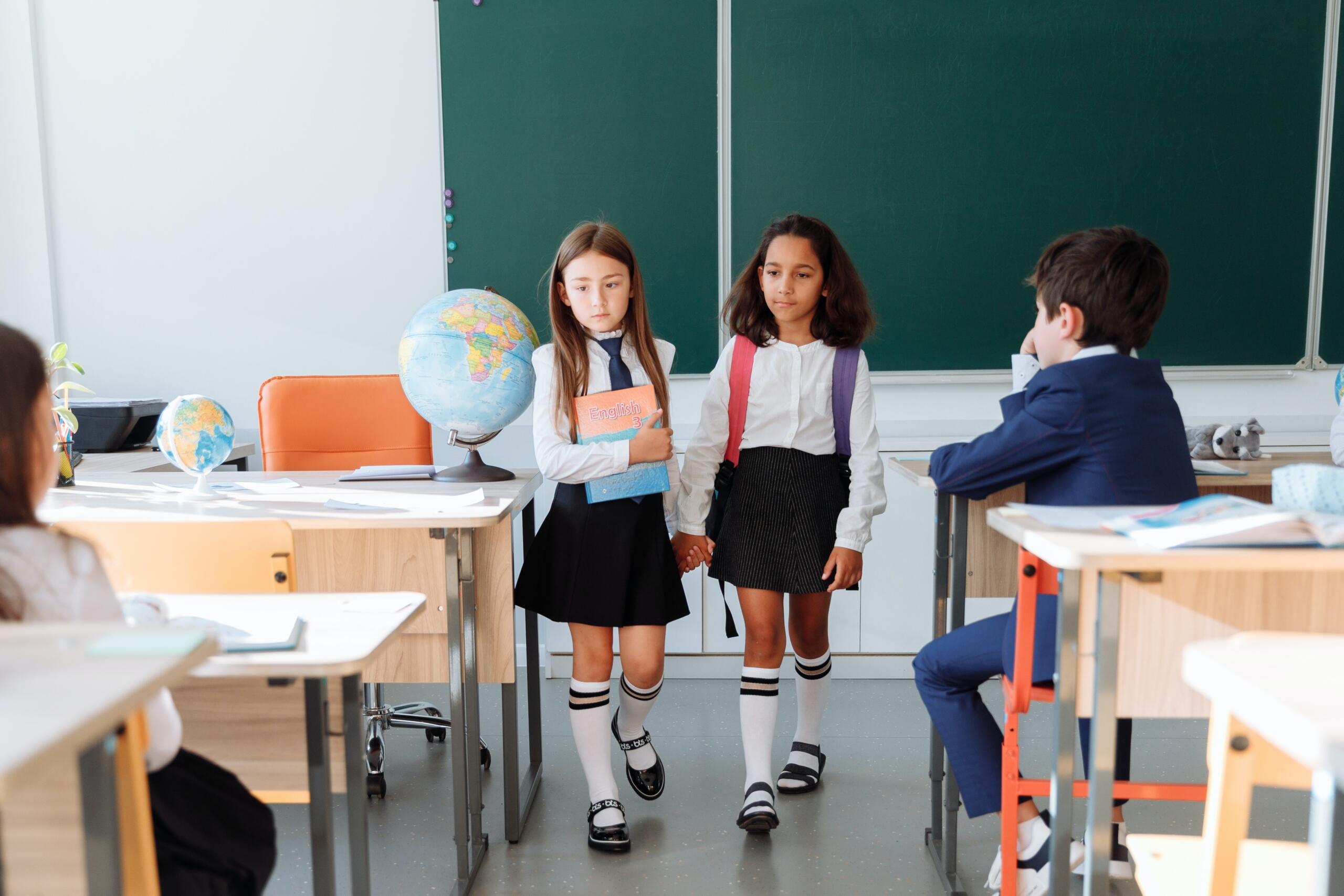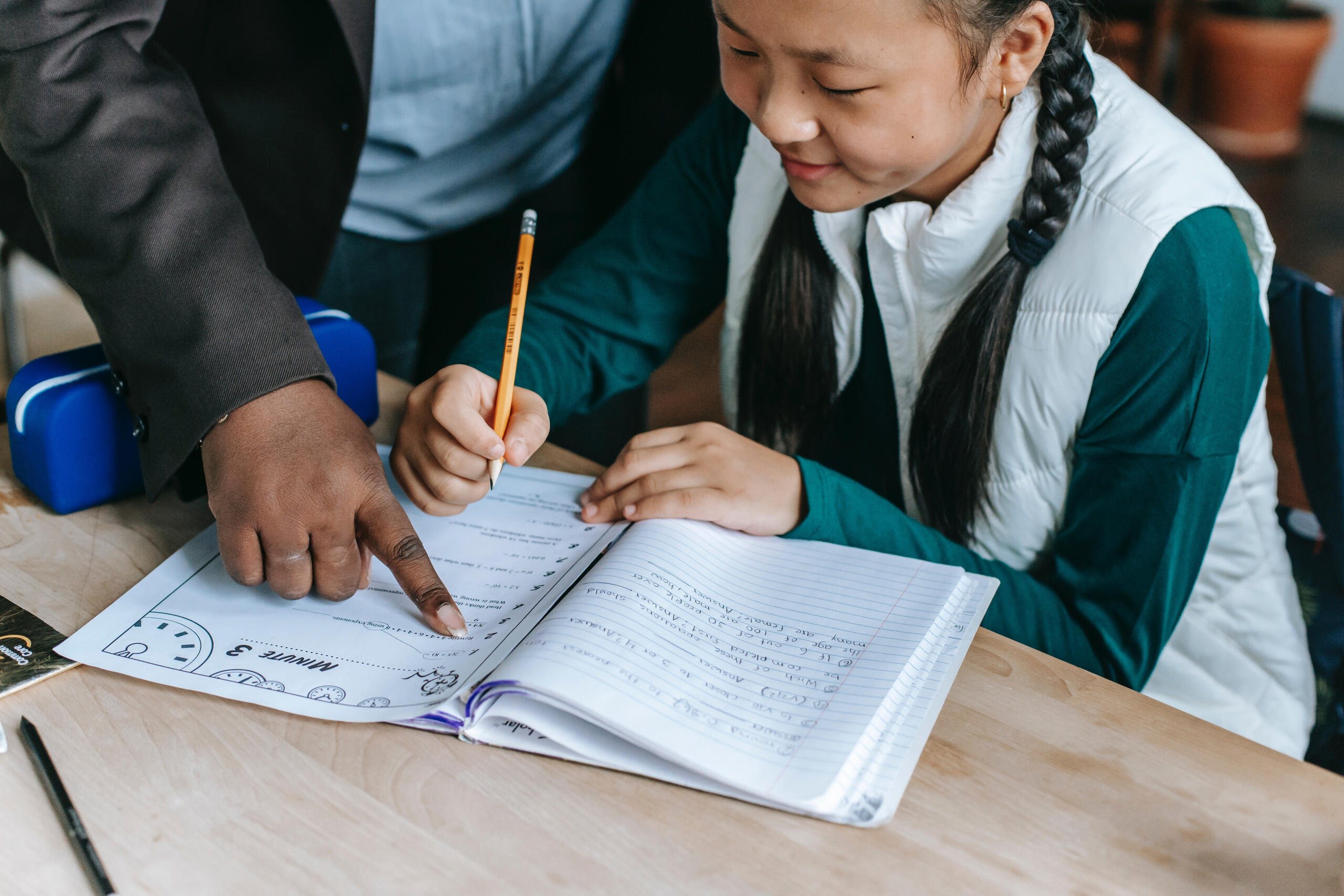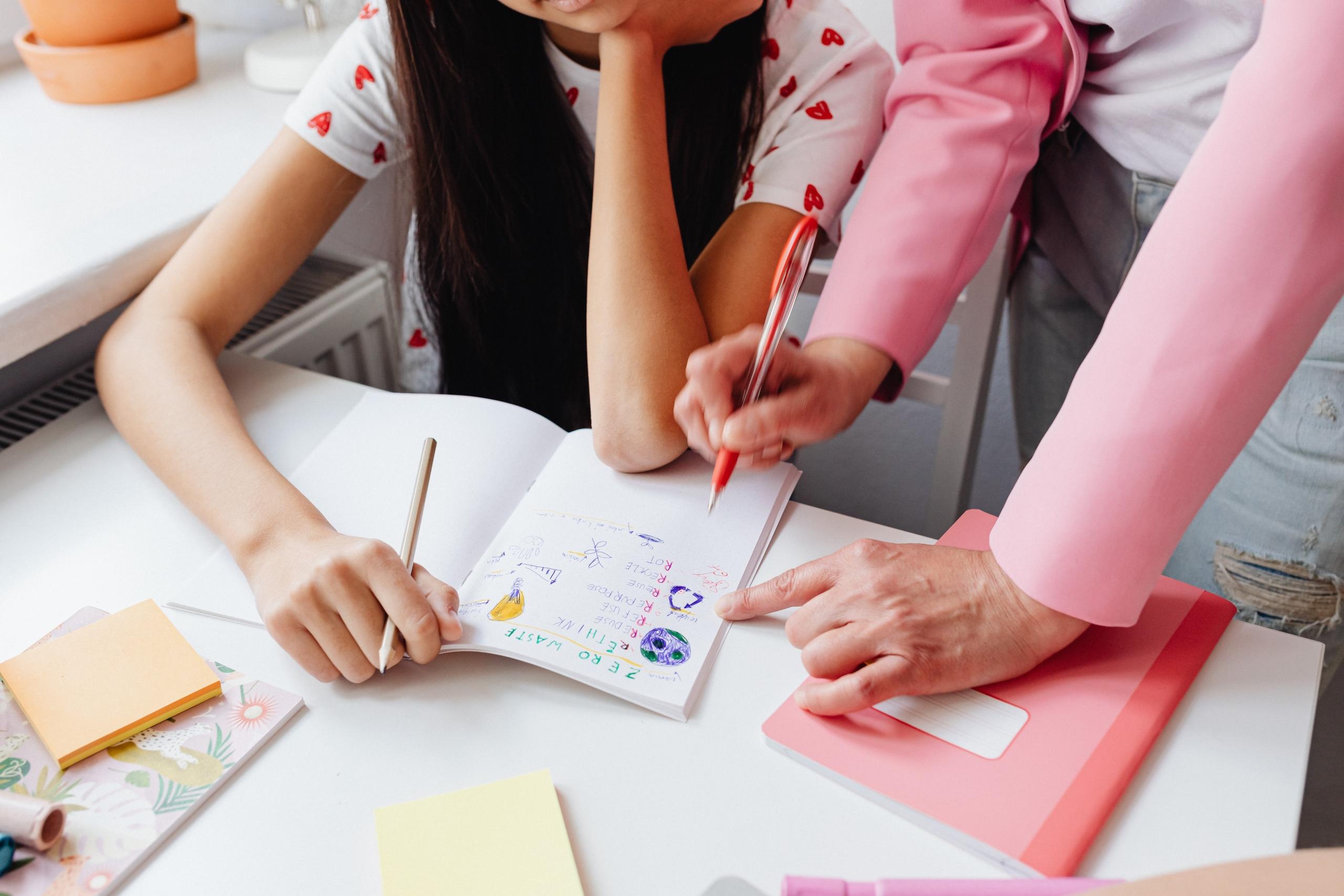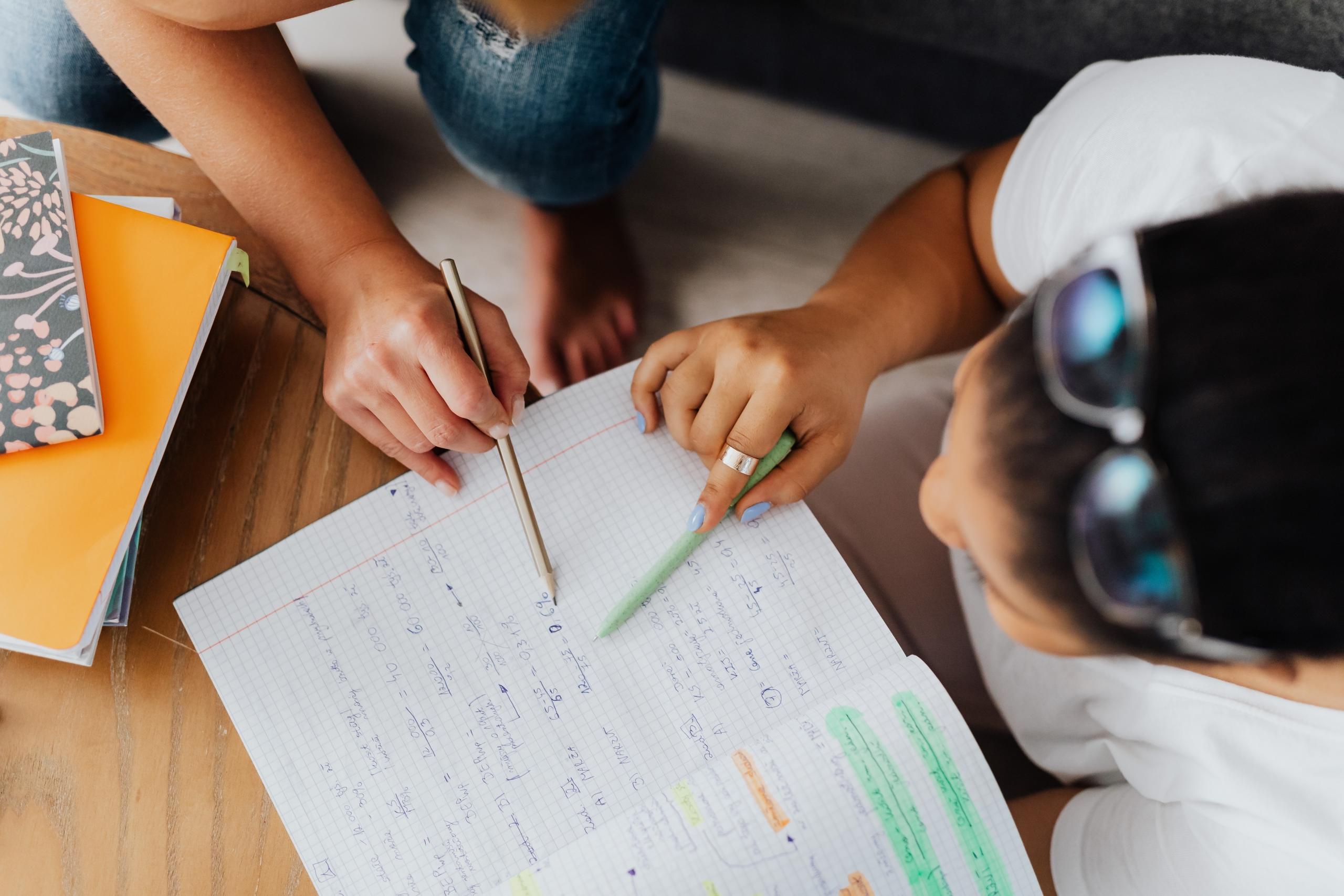If they can't learn the way we teach, we teach the way they learn. Dr. O. Ivar Lovaas
Yes, teaching is a noble profession. However, ask teachers about how often it is that they have to go above and beyond their line of duty, and you are bound to realise that teaching is a profession where every learner is considered, and no learner gets left behind.
Teaching a learner means not only providing him with the knowledge to be book-smart but also equipping him or her with the necessary skills to adapt to society. If you really think about it, in order to help a learner to learn how to adapt to society, the teacher will first have to adapt to how the learner learns.
Something that teachers ought to understand when they set foot in this profession is that just as how no two teachers are the same, teachers cannot expect all learners to be the same.
The reason why educational pedagogy is taught to teachers in training is so that teachers can definitely learn to adapt their pedagogy to each student. Adapting your teaching ability and style to each student's needs becomes all the more necessary when you are teaching special needs education students.
You may get students with autism, dyspraxia, dyscalculia or dyslexia, or learners with other learning barriers and you ought to learn how to include the needs of these learners when you are planning your lesson plans.
If you are studying teaching and you are struggling with grasping one of your subjects, like that of Educational Pedagogy, you can reach out to a Superprof tutor.
Want to give private lessons?
Join the Superprof community and share your knowledge with inquiring and motivated students.
How to Teach Learners with Special Needs?
There is no denying that all students struggle and find learning difficult at some time or the other. However, some learners struggle with every concept that is learnt in either a specific subject or they struggle with all subjects. There are many ways of teaching struggling students but the methodology you choose to use becomes all the more complex when these students find it hard to behave too. Students with behavioural problems sometimes also hinder their own ability to learn. It is far easier to help learners who are struggling in comparison to teaching learners who are badly behaved and struggling as well
Firstly, teachers need to react with a sense of empathy when dealing with learners who are badly behaved or those who are struggling to grasp a concept or subject.

When you are empathetic towards your learners, they will sense this, and they will be more open to allowing you to guide them. When you are guiding students who are struggling, you must remember to inform them about why academic performance is important. You will also need to pay attention to your tone when you address these learners. You should in no way sound demeaning but rather provide words of encouragement.
If you are encouraging in your speech, learners tend to feel more encouraged to perform to their best abilities. Encouragement also means paying attention to what learner's talents are and praising them for the areas in a subject where their strengths lie.
To a certain extent, teachers not only take on the role as an assessor or moderator but also a pastoral role. Teachers must at all times act as a coach guiding and supporting learners while working with learners every step of the way to ensure they reach their learning goals.
Once you are more empathetic and understand your learners' plight, you naturally become more aware what difficulties learners have when it comes to learning and in what way your learners cannot seem to learn. This allows you to adapt your lessons so that you teach in the way that learners want to learn. If learners find understanding abstract ideas rather difficult, bring concrete objects to class and explain the concept using these concrete objects so that learners can visualize what it is that they are learning.
Psychologically, if learners feel that you have their best interests at heart, they do tend to push themselves forward. However, many learners who are struggling, or those with special learning needs cannot seem to understand that the teacher is helping them.
It is much easier for teachers to deal with learners who have special needs when they are in the loop that the child has special needs or has been diagnosed with certain underlying conditions. The struggle is that many students haven't been diagnosed. As a teacher, you may suspect that a child battles with ADHD (attention deficit hyperactivity disorder), dyslexia, dyscalculia, or dyspraxia, but as a teacher it is not your place to diagnose the child. You may discuss your observations with the child's parent who will then take the matter further with a learning specialist.
Inclusive Education for Special Needs Students
Inclusive education or the idea of, "no child left behind," means that provisions are made in the physical brick and mortar classrooms to cater for all learners irrespective of their learning potential and capabilities.
For inclusive education to work practically, teachers must be made aware of special needs students from the onset. For example, teachers are well aware that dyslexia is a term given for spelling and reading difficulties that students face. If a teacher knows who the dyslexic learners are in his or her classroom, the teacher can employ the necessary teaching strategies to make the process of reading and spelling far less daunting.
The teacher can even make allowances to provide these learners with slightly more time to complete exams as the teacher knows the concession is acceptable considering that these learners would struggle to read and make sense of questions and thus take longer reading and comprehending what is expected of them. 
For students with special educational needs, the relationship between the teacher and the student is very important. (Source: White77)
When you think of inclusive education, you know that a learner with a learning barrier isn't really different to any other child.
However, you do need to find out what the conditions means and what learning abilities are hindered due to the learning barrier. Again, many learners whose parents are aware of their learning difficulties also reach out to private tutors to help these learners to learn at their own pace rather than at the pace of the classroom. While inclusive education is meant to provide opportunities for all learners irrespective of their abilities or disabilities, it is encouraged that parents of students who face learning barriers also seek help in the form of private tuition classes. This is because students who struggle may find it difficult to ask for help more than once in class and may tend to feel vulnerable despite how compassionate the teacher may be.
If you have a dyslexic child, your child may have language difficulties as well as reading problems. Reaching out to a reading therapist or a tutor who can focus on rectifying language difficulties and reading problems is great.
However, even without a tutor in the picture, the teacher's duty is never to underestimate any student's ability to learn. With all the right learning tools at hand, any student can become more confident about learning. A teacher will note that any progress matters. As a teacher, you will need to provide enough support and enrichment activities so that all learners progress.
In a classroom, the teacher must be willing to juggle different levels of learning, different personalities, and different learning goals.
Further Ways to Teach Learners with Special Educational Needs
Students classified with special educational needs also include autistic learners. While many people believe that autistic children must live in a bubble isolated from other children, teachers who are well-versed about autism know exactly how intelligent these children are and how well they can do in a mainstream classroom.
If teachers are willing to deviate from lesson plans to ensure that that their teaching works for all learners in the classroom, there is no reason why autistic children cannot be included in classrooms across the country.

Parents of autistic children choose to reach out to private tutors who know the differences that autistic children bring to the table. These tutors also understand that children with autism aren’t necessarily more difficult to teach. If the tutor acknowledges the differences that these students have, they will surely break down any walls that these autistic students choose to build in terms of learning. The tutor should also view each student as being unique and teach according to that student's interest.
Private tuition is great for autistic learners, but parents should never assume that their autistic children may be unable to interact with others. Autistic children can benefit from interaction with other students.
Teaching Special Needs Students
While dyslexic students can learn and so can autistics students, students with dyspraxia can learn too. Dyspraxia is known as being a developmental coordination disorder affecting movement and coordination. While simple tasks like tying shoe laces can be very difficult for these students, teachers who understand the condition can be a support system for these learners.

As a teacher, you can help these learners who struggle with handwriting by placing a marble in their hands. In this way, you assist with improving the fine motor skills that the child struggles with. You would need to change your teaching method entirely when dealing with students dealing with dyspraxia in comparison to how you would deal with dyslexic students as students with dyspraxia do not require you to talk down to them in order to explain a concept as they can understand but these students do require you to help with their motor skills.
The job of a teacher is to be ready to help learners irrespective of whether they are dyslexic, autistic, facing dyspraxia, or struggling at school. Helping someone to learn is one of the most rewarding things that any teacher can do.
According to a teaching fellow, "Teaching is an intense, challenging endeavor and yet one of the most rewarding things I have experienced."
So, are you a teacher who is up for the challenge of teaching students with special needs? If so, you can surely reap the rewards of such a noble profession.
Want to give private lessons?
Join the Superprof community and share your knowledge with inquiring and motivated students.
Summarise with AI:














